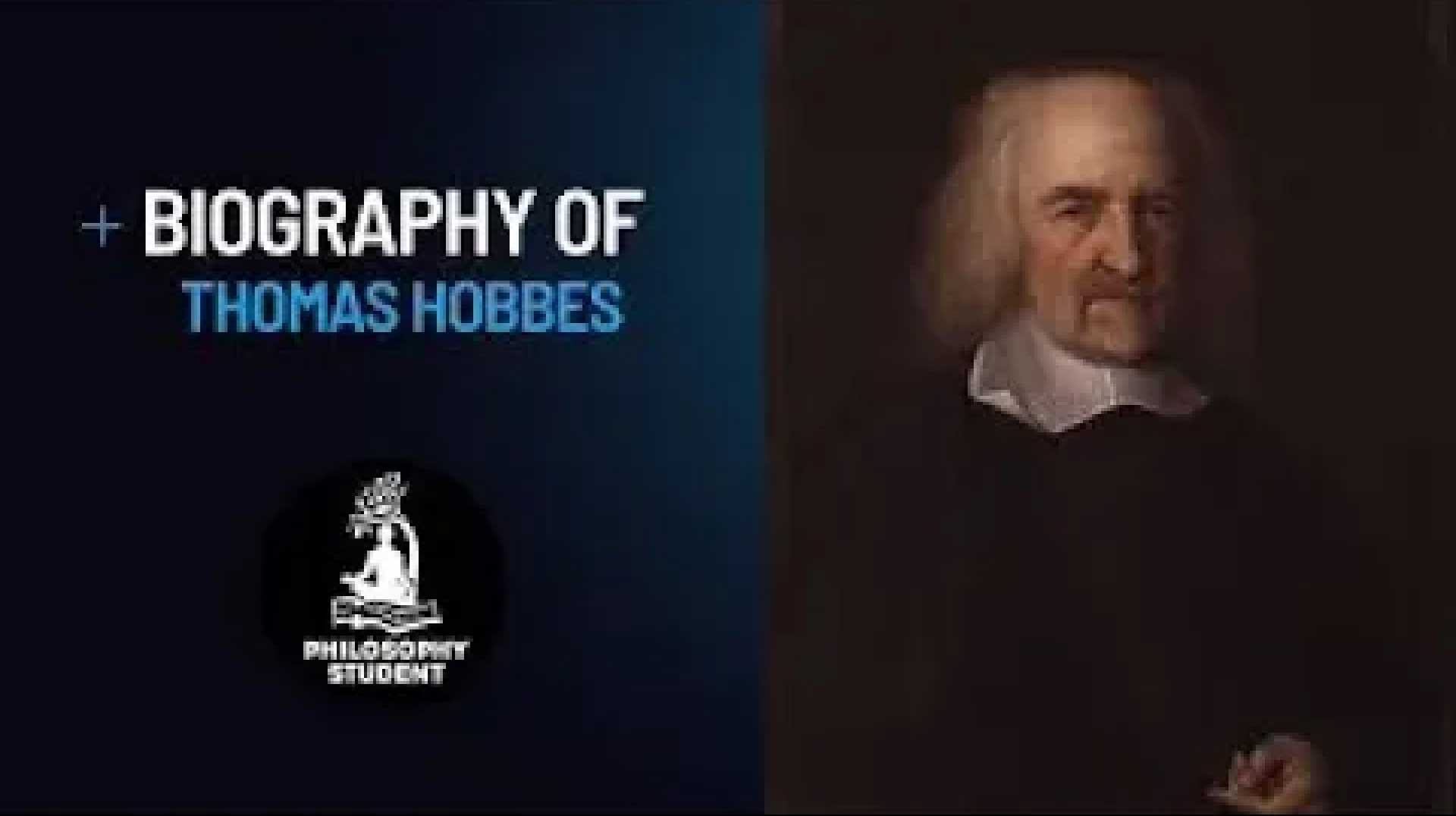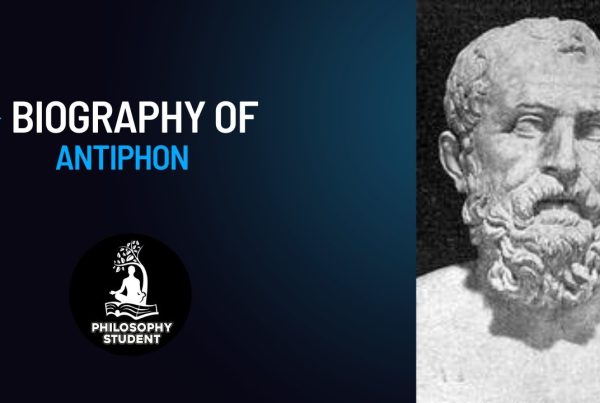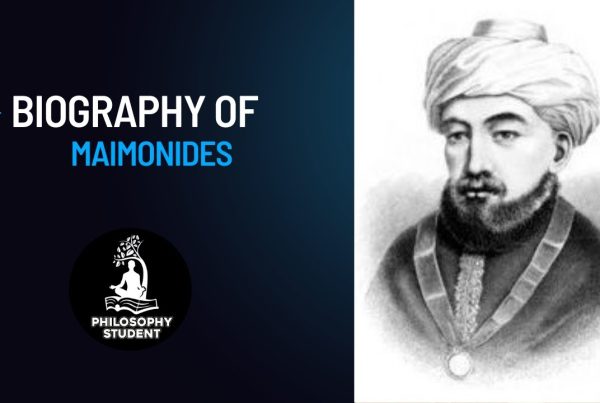Product of the seventeenth-century Enlightenment, Thomas Hobbes is justly remembered as the founder of modern political philosophy. In an eloquent and systematic manner, he defined all the principal issues of political debate. Although he concluded that the challenges posed by human beings as social animals dictate that the best government is that ruled by an absolute sovereign, his arguments were never arbitrary, and they have remained relevant both in historical and contemporary terms—even when democracy is generally accepted as the most desirable form of government.
Hobbes accepted nothing on faith and took nothing for granted but, rather, set out to justify authority, lay out the parameters of social and political inequality, and question the limits of authority based on religion. Hobbes confronted the issue of human rights but, unlike John Locke or (later) Thomas Jefferson, also deeply questioned who determines these rights, who enforces them, and how. In the end, he created a picture of politics and society as an arena of power countervailing power. In addition to emerging as the archetypal political philosopher, Hobbes made important contributions to philosophy in general as well as mathematics (geometry), physics (the nature of gases), ethics, law, theology, and the philosophy of history.
He was born on April 5, 1588 in Malmesbury, Wiltshire, England, the son of a Church of England clergyman. Educated at Magdalen Hall, Oxford, from which he received a B.A. in 1608, he tutored William Cavendish (future second earl of Devonshire), whose family became Hobbes’s loyal patrons.
His pupil in tow, Hobbes toured Europe during 1610, and in 1629 published his first book, a translation of Thucydides. He toured Europe again, in 1629-1630 and 1634-1637, and developed a consuming interest in Euclidean geometry. In Florence, he met Galileo Galilei, whose theories he embraced.
Hobbes was an ardent monarchist, whose early political works—circulated in manuscript in 1640 and published in 1650 as Of Human Nature and De Corpore Politico (Of the Body Politic)—defended the concept of absolute monarchy. This put him in danger during the English Civil War (1642-1651), and he took flight to Paris to escape the wrath of the parliamentarians. It was here that he wrote his masterpiece of political philosophy, Leviathan (1651). His view of humanity boiled down to a bitter kernel. The life of members of the human race is “solitary . . . nasty, brutish, and short,” and the condition of humanity is that of “war of everyone against everyone.” For this reason, only absolute authority can save humanity from itself.
The irony of Hobbes’s intellectual life was that his advocacy of absolute monarchy enraged advocates of republican models of state while his relentlessly materialist philosophy offended royalists and church alike. He lived to see his major works excoriated by all sides and banned. Hobbes died at Hardwick, Derbyshire, on December 4, 1679.
A philosophical and literary masterpiece, Leviathan applies the paradigm of a geometric proof, grounded in first principles and established definitions, to advance Hobbes’s argument stepwise. He had decided on this method of proceeding after discussion with no less a figure than Galileo, deciding that conclusions derived by geometry cannot be disputed because each step in the argument is itself indisputable. So, beyond the value of Leviathan as a political and sociological analysis, it is also a massive experiment in the application of mathematical logic to issues of ethics and human conduct.
His argument is that civil peace and social unity are best achieved in a commonwealth founded on a social contract—yet governed by a sovereign empowered with absolute authority to protect the commonwealth and provide for the common defense. Hobbes conceived of the commonwealth as what he called an “artificial person” and the body politic, in consequence, an emulation of the human body. Indeed, the Leviathan of the book’s title is a reference to the monstrous sea creature that appears in the Bible, which Hobbes illustrates in the frontispiece to the first edition of his book. It is a gigantic human form representing the state, and it is constructed of the bodies of the state’s citizens—with the absolute sovereign as its head.
Does Hobbes love this monster? No. But he posits its necessity for preserving peace and preventing civil war.
The work is divided into four books: “Of Man,” “Of Common-wealth,” “Of a Christian Common-wealth,” and “Of the Kingdome of Darknesse.” The entire philosophical framework is presented in Book I, and the other three books elaborate on it. Hobbes begins with first principles, a consideration of the elementary motions of matter. He goes on to argue that every aspect of human nature can be derived using arguments made from materialist principles. He then establishes the natural condition of mankind as violent and dominated by fear. In this “state of nature,” the prevailing condition is the “war of every man against every man.” Each seeks to destroy the other. So intolerable is this condition that human beings seek peace through government. Hobbes sets out to demonstrate that the best form of government capable of achieving and keeping peace is to erect a Leviathan via social contract.




































